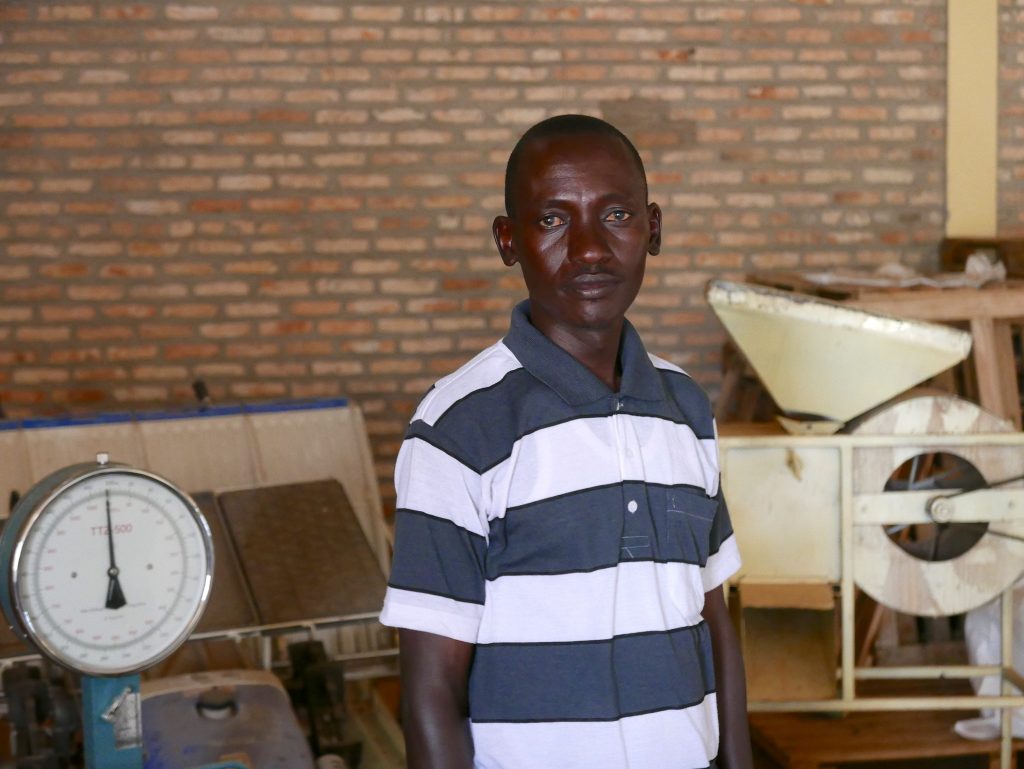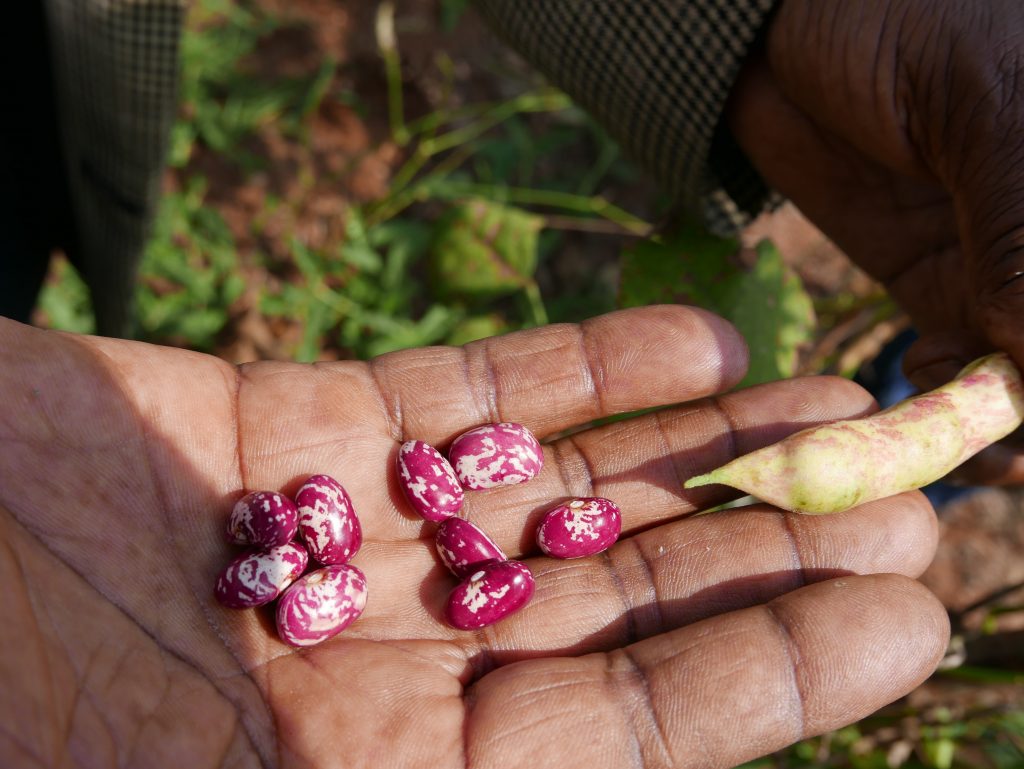GPSA projects
Improving Farmers’ Participation in Imihigo Performance Contracts
Project: Empowering farmers at district level through social accountability tools to improve Performance contracts "Imihigo"
Country: Rwanda
Sector: Agriculture
Executing Agency: Transparency International Rwanda (TI-Rwanda)
Grant Amount: $790,000
Closing Date: January 2022


Frame and Challenge
Rwanda is a small landlocked country in East Africa, bordered by the Democratic Republic of Congo (DRC) to the west, Tanzania to the east, Uganda to the north, and Burundi to the south. Rwanda and its population of 10.5 million have maintained political stability since 1994.
President Paul Kagame has been serving since 2000, having won a third election in 2017 after parliamentarians voted to support a change in the constitution that would allow the president to run for a third term. Rwanda's progress has been rapid in recent years, building on a two-decade-long economic turnaround, which saw a strategic approach to development. The country has experienced high rates of economic growth, a significant decline in poverty, and a reduction in inequality. The share of the population living below the poverty line fell from 59% in the early 2000s to 39.1% on 2013.
Despite positive progress in development, internal and external economic downside risks have been increasing and employment remains characterized by agriculture, informality, and low earnings. In 2011, about 70% of workers were principally employed in agriculture, with the remaining 30% engaged in non-farm activities. Farm self-employment, or people working on their own on their family's farm, accounted for almost 60% of employment, followed by farm wage employment, which accounted for 12%. Increasing earnings from agriculture remains the most direct way to improve economic conditions for the bulk of the population.
Solution
The Government of Rwanda has recognized the need to strengthen citizen participation and the accountability of the government towards its citizens. Rwanda’s existing performance contracts, Imihigo, are binding agreements between the government agencies and the President detailing what the respective institution sets itself as targets on many governance, justice, economic and social indicators. In 2017, the GPSA awarded a grant to Transparency International Rwanda (TI Rwanda), a non-profit organization dedicated to fighting corruption and promoting good governance through enhancing integrity in Rwandan society. The project with TI Rwanda seeks to 1) increase farmers’ ownership of agricultural development projects through their effective participation in the planning, monitoring, and evaluation of the Imihigo performance contracts, 2) deepen cooperation between CSOs and government officials at the district level, and 3) integrate lessons learned from two pilot districts, Nyanza and Kayonza, into the agricultural sector policy design at the district and national levels. Social accountability mechanisms such as the Civil Society Procurement Monitoring Tool (CSPMT), Citizen Report Cards (CRC), and observation-based checklists tools will be used, complementing existing platforms such as the Joint Action Development Forum (JADF), throughout the entire procurement and project cycle to enhance transparency in procedures and contracts management.
Outcomes
TI Rwanda and the GPSA began project implementation in June 2017. Already, the project has achieved the outcomes and planning below. The project is scheduled to achieve its objectives in 2022.
- After receiving training on social accountability tools, farmers will hold brainstorming meetings on their needs and priorities.
- The information generated by these meetings will be shared with the Ministry of Agriculture, Ministry of Local Government, Rwanda Governance Board, and the Office of the Auditor General. Farmers’ feedback will be integrated into the Imihigo priorities in the 2018-2019 financial year plans.
- Project stakeholders including government ministries, CSOs, agricultural companies, development partners, and media practitioners fully committed to the project at a multi-stakeholder launch event.
Lessons Learned
Lessons learned from the social accountability mechanisms are being documented to inform future Imihigo cycles, as well as other public policies and programs. This project is in its early stages, and more lessons will be added as work progresses in Rwanda. From the early stages of implementation, the following lessons will be incorporating into this and future GPSA projects:
- An early project-implementers meeting generated various useful recommendations. These included the recommendation that the TI Rwanda team should take the responsibility and initiative of drafting sub-agreements that will formally govern the collaboration early on between TI Rwanda and two local CSOs, Imbaraga and Iriba, to hold all partners accountable from project outset.
- The project’s Farmers’ Awareness Campaign has produced a necessary understanding by 1,680 farmers, the majority of which were female, of the project’s relevance and their respective roles and responsibilities in the implementation of the project. This was an important step to build an equal level of information among project stakeholders.
project evaluation
As the project came to the end of its 5-year implementation period, TI-Rwanda commissioned this project end-term evaluation to conduct a project final assessment. This evaluation documents key lessons that encourage learning, scalability and sustainability of achieved outcomes and how they can inform the government of Rwanda in agriculture related policy reforms. It also contributes to learning and accountability by explaining how, if at all, the GPSA project contributed to results brought about by collaborative social accountability processes, and what the conditions were for this contribution to take place.
Learn more
Click on the following links to learn more about TI Rwanda's work to empower rural farmers and other Rwandans:
Social Media: TI Rwanda
